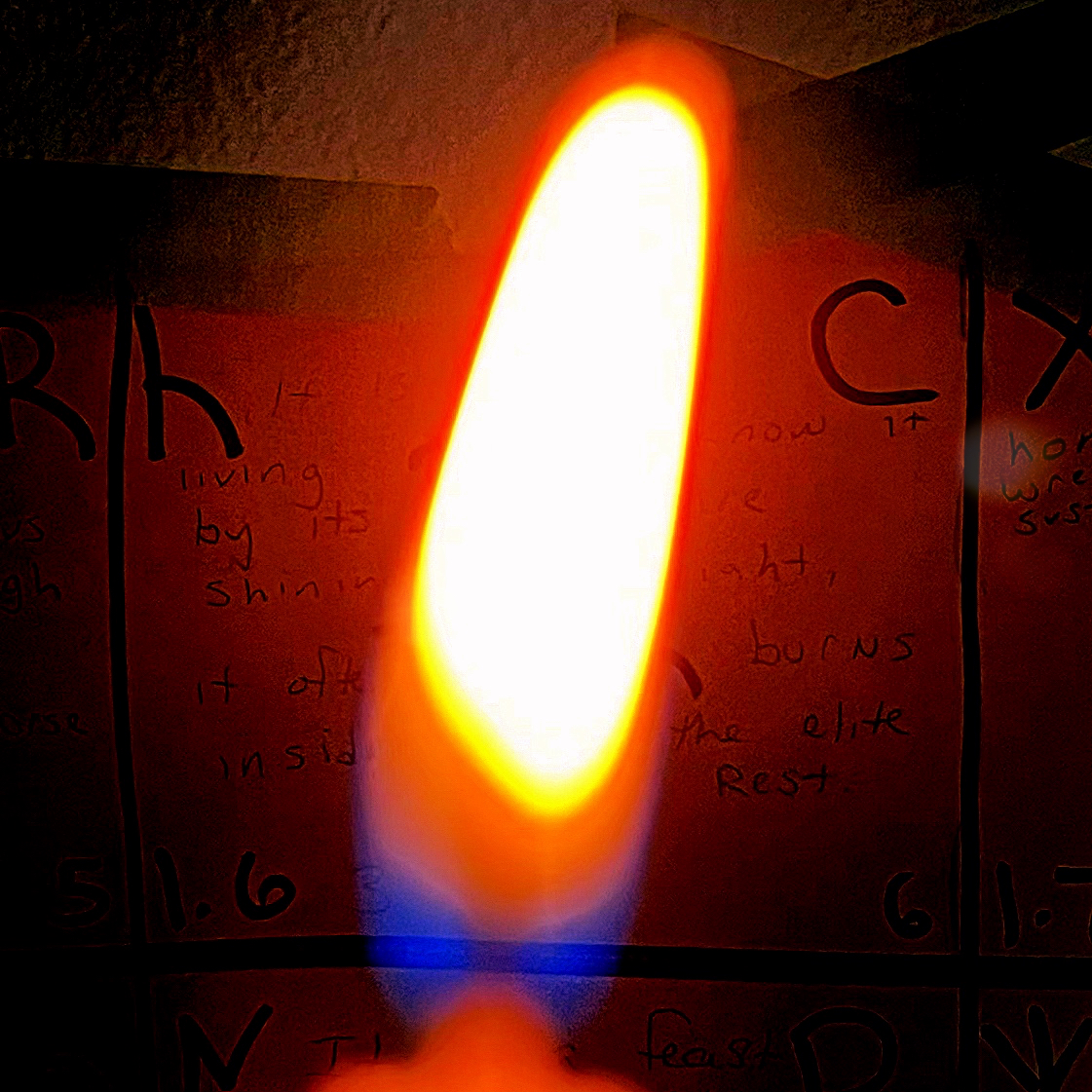
ᚳ byþ cwicera gehwam cuþ on fyre
blac and beorhtlic byrneþ oftust
ðær hi æþelingas inne restaþ ᛬᛫
It is to the living who know it by its fire
Shining and bright, it often burns
Inside where the elite rest.
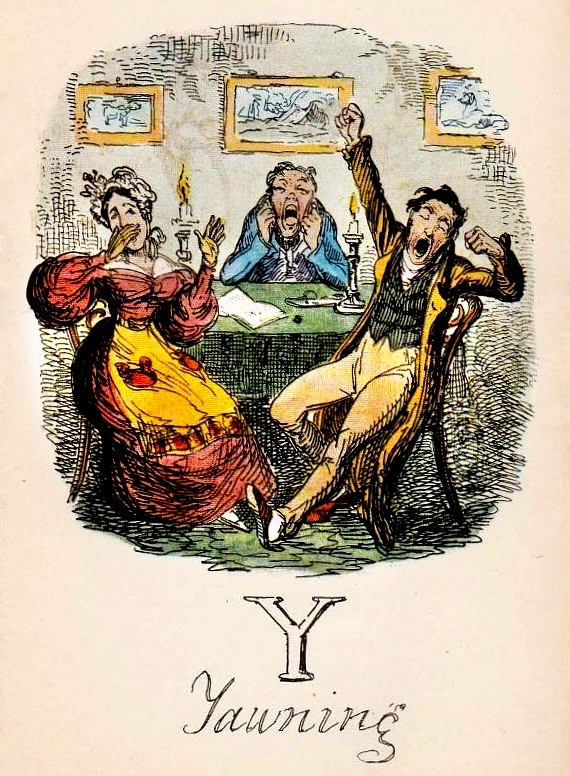
 Cen is a rare word in Old English. It’s a torch here in the Rune Poem, and Cynewulf uses it to mean torch in his games with runes. Cynewulf: an Old English poet and fascinating person who made acrostics out of runes when signing his name to stuff, and about whom we know pretty much nothing. We know he was one of a limited few who ever signed anything. Perhaps he was a monk: it is thought most writers of Old English lived in monasteries, where the individual is not the main focus. They have a whole other focus. But you can slip your signature in there if you make something amusing out of it. Cynewulf was pretty cunning like that when it came to self promotion.
Cen is a rare word in Old English. It’s a torch here in the Rune Poem, and Cynewulf uses it to mean torch in his games with runes. Cynewulf: an Old English poet and fascinating person who made acrostics out of runes when signing his name to stuff, and about whom we know pretty much nothing. We know he was one of a limited few who ever signed anything. Perhaps he was a monk: it is thought most writers of Old English lived in monasteries, where the individual is not the main focus. They have a whole other focus. But you can slip your signature in there if you make something amusing out of it. Cynewulf was pretty cunning like that when it came to self promotion.
Perhaps we can look at Cynewulf’s name to learn a bit more about him. Sometimes the cen rune shape is written in manuscripts as shorthand for the … More
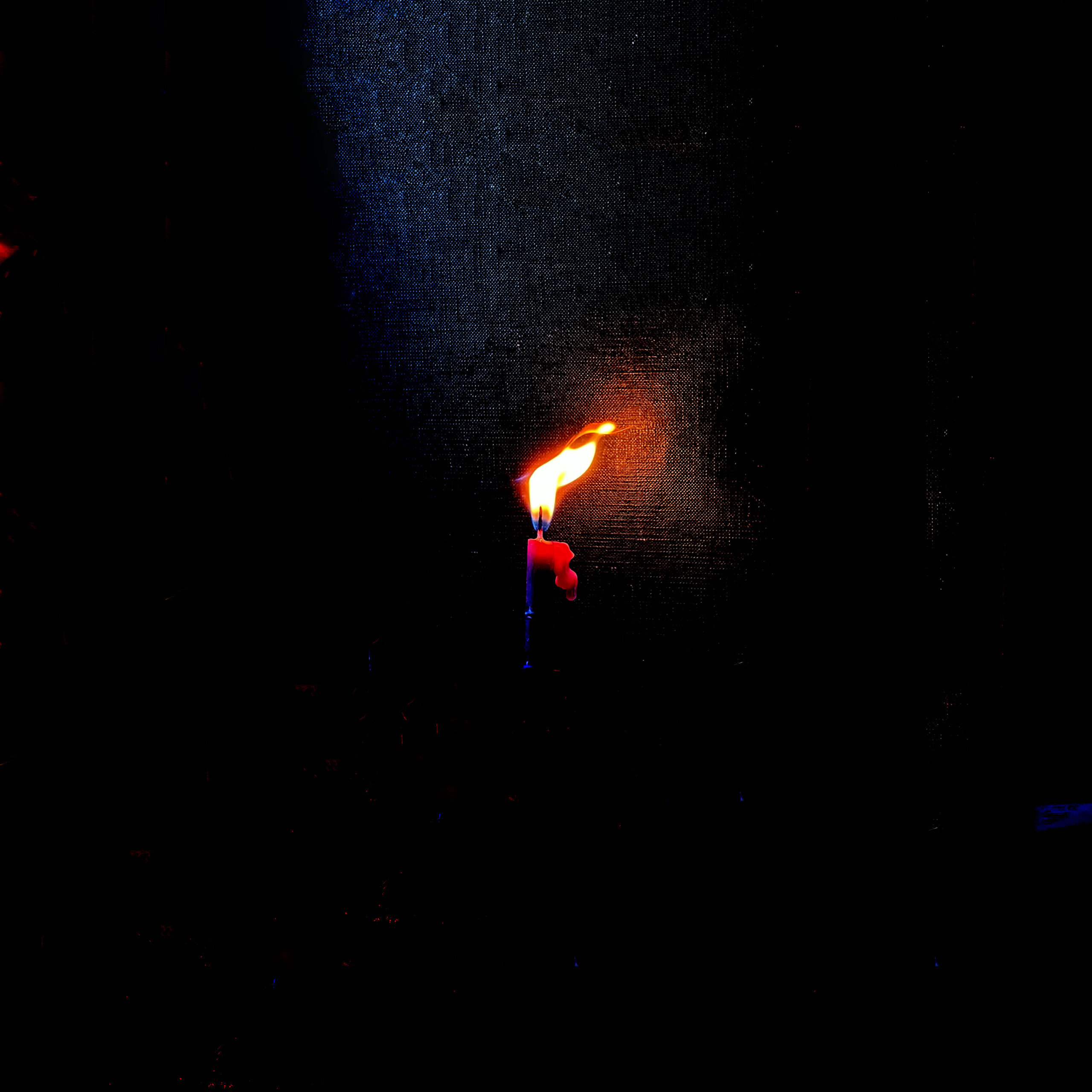 Things can get pretty dark sometimes. I get it. The gloom comes in and anything shining or warm, the bright things, go dim. All the luster to anything recedes. Be at ease, there’s a fire inside and the light will come back. It always does. Turn around and look. Don’t you see? All these shadows are made by light at rest upon your body.
Things can get pretty dark sometimes. I get it. The gloom comes in and anything shining or warm, the bright things, go dim. All the luster to anything recedes. Be at ease, there’s a fire inside and the light will come back. It always does. Turn around and look. Don’t you see? All these shadows are made by light at rest upon your body.
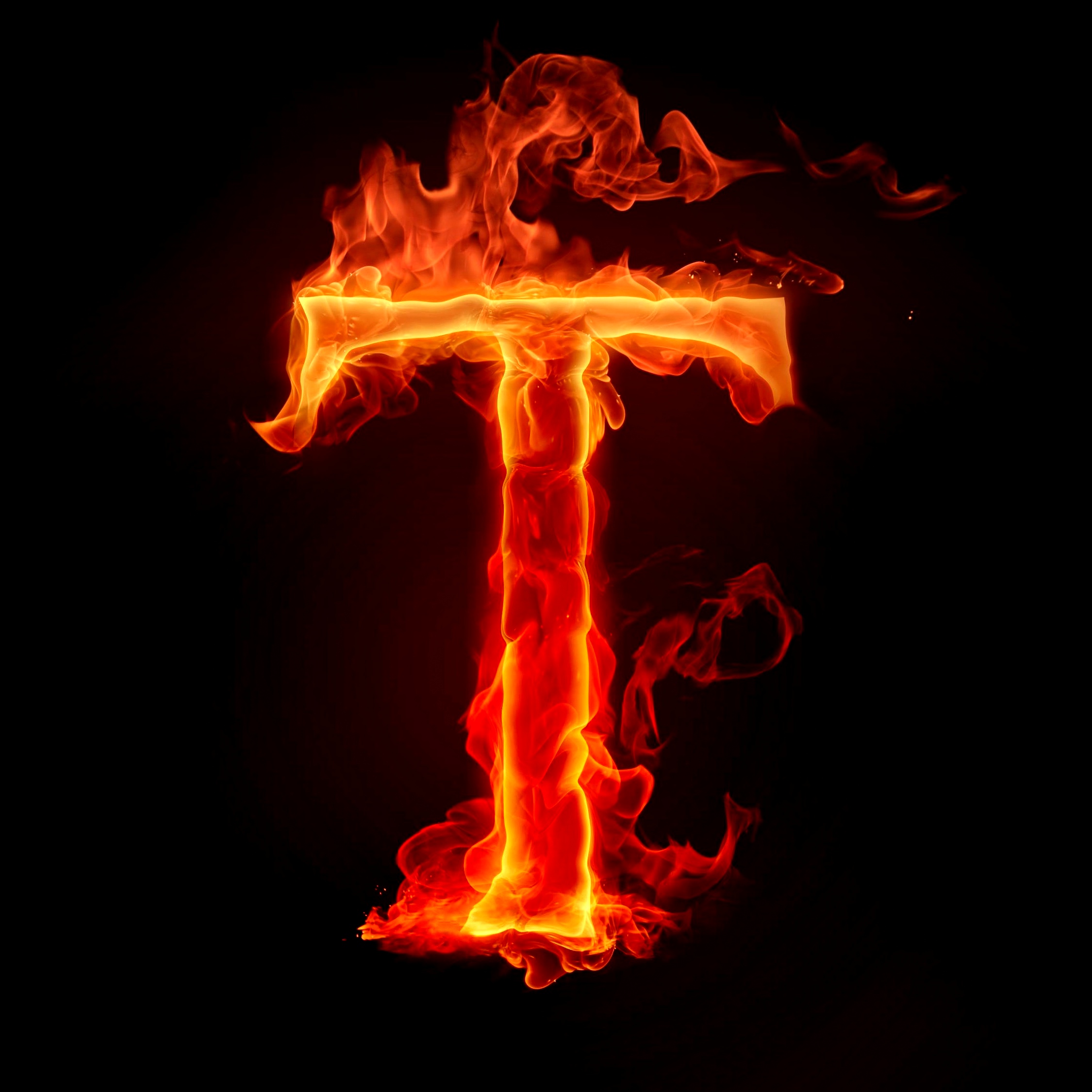
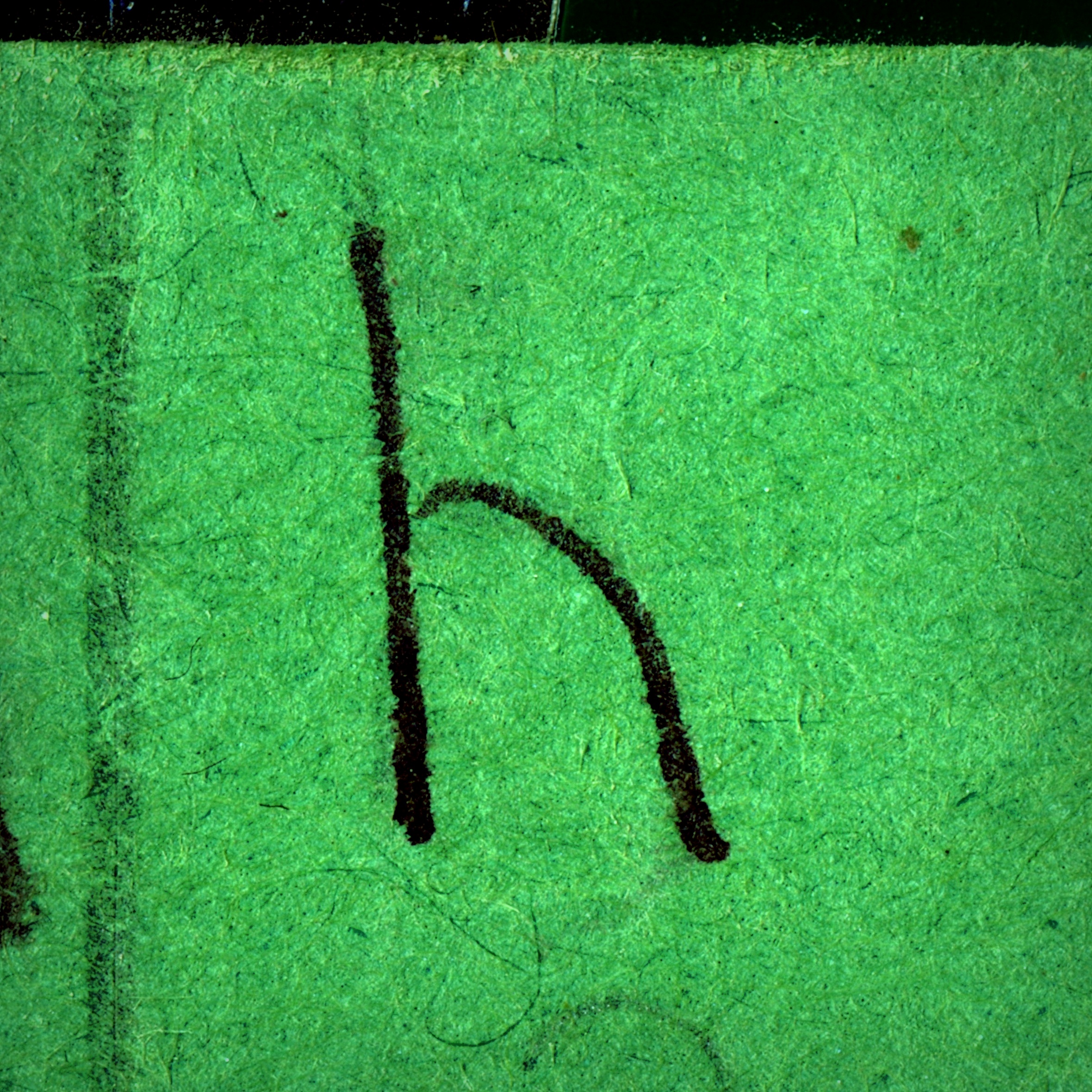 Originally the letter C made a hard sound in Old English, like a K, but because everything is temporary, over time C developed a second sound depending upon its immediate neighbors: CH (represented as tʃ by the International Phonetic Alphabet). One’s immediate neighbors can really change a vibe. In Old English C most often sounds like a K, velar region of the mouth. It moves to the front of the mouth (dental and front palate region) to make the CH sound mostly when it lives next door to a long I or long E, or a diphthong starting with these letters.
Originally the letter C made a hard sound in Old English, like a K, but because everything is temporary, over time C developed a second sound depending upon its immediate neighbors: CH (represented as tʃ by the International Phonetic Alphabet). One’s immediate neighbors can really change a vibe. In Old English C most often sounds like a K, velar region of the mouth. It moves to the front of the mouth (dental and front palate region) to make the CH sound mostly when it lives next door to a long I or long E, or a diphthong starting with these letters.
Cen is usually pronounced as cheen, or /t͡ʃeːn/ in IPA, but may also be pronounced as keen, K sound. We don’t really know what Old English sounds like. The E in Cen is a long E, so this would suggest a CH sound, except if this were a Y, and E was … More
